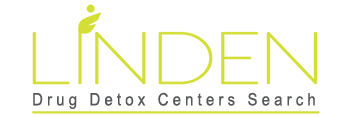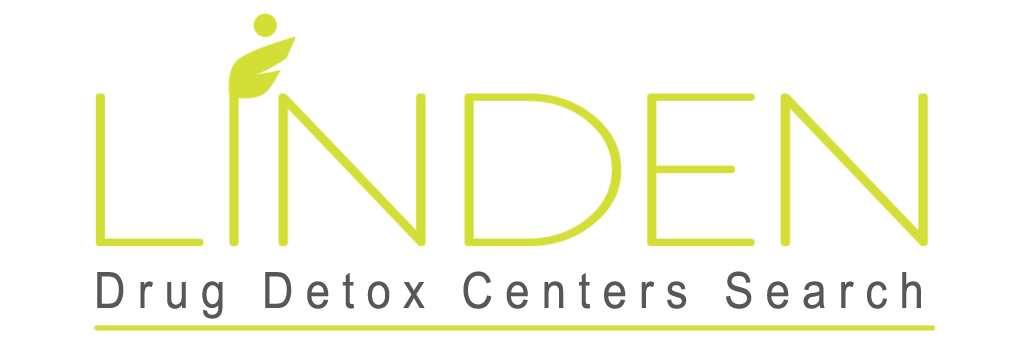Moral Reconation Therapy in Linden, NJ
Moral Reconation Therapy, or MRT, wasn’t always a part of drug and alcohol rehab. Its original use was in the treatment of incarcerated populations, with the goal of leading to reduced recidivism rates. Today, however, MRT is one of many types of cognitive behavioral therapies that are used to treat individuals in recovery from drug or alcohol addiction. Although there are 16 steps in the Moral Reconation Therapy curriculum, evidence indicates that individuals who complete as few as three of the steps are positively benefitted by the process of MRT.
How Does MRT Treat Addiction?
Addiction is a complicated disease that requires treatment on a number of different fronts, including physical, emotional, and psychological. Although researchers are still busy trying to understand what elements of genetics and environment play leading roles in drug and alcohol addiction, it’s generally believed that addictive behaviors arise out of the desire to avoid pain and to experience pleasure. Put simply, MRT seeks to undermine these desires as primary motives in the decision-making process by increasing participants’ appreciation for the bigger social context in which their actions take place. In other words, Moral Reconation Therapy, in a nutshell, is about replacing selfish motivations with more socially conscious ones.
There are seven core issues that Moral Reconation is designed to work around. By addressing each of them, participants gain a much better understanding of themselves, their own motivations, and the degree to which they are responsible for their own actions. They are:
. Confronting false beliefs, unhealthy behaviors, and self-destructive attitudes.
. Assessing current relationships with family, friends, and peers.
. Reinforcing positive habits and behaviors.
. Forming a positive self-identity.
. Developing a healthy self-concept.
. Developing a higher frustration tolerance.
. Developing a higher stage of moral reasoning.
Does it Really Work?
It might seem like MRT falls more on the side of abstract and idealist than useful and effective, but the evidence says otherwise. Over 75 published studies have indicated that the results of MRT are not only significant, but consistent. Among other ways in which MRT assists individuals in addiction recovery, it reduces thrill seeking behaviors, helps with the identification of a purpose in life, improves critical reasoning skills, and leads to healthier expressions of negative emotions. To a person struggling with drug and alcohol addiction, these sort of skills are crucial to learning how to live a balanced lifestyle in spite of the condition.
Honesty as a Recovery Tool
Above all, MRT encourages individuals to be honest with themselves, as well as with others. Developing this trait can lead them to more easily identify which of their thoughts, beliefs, and actions are most implicated in their addiction. This is an important step on the road to recovery, one that can yield a lifetime of results. If you’d like to know more about Moral Reconation Therapy, or have questions about recovery from addiction at Drug Detox Centers Linden, please don’t hesitate to give us a call at (908) 368-4232 today.

